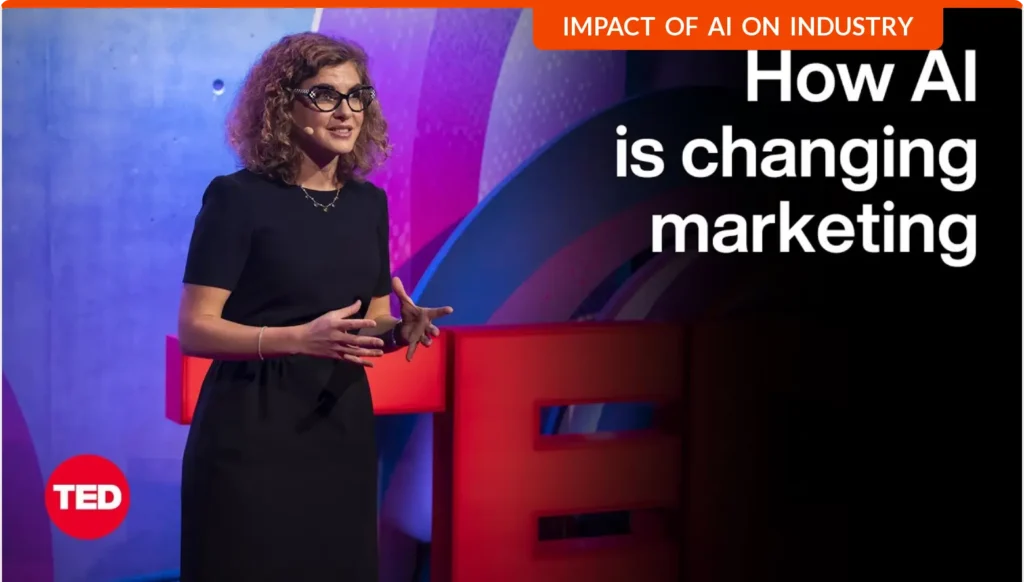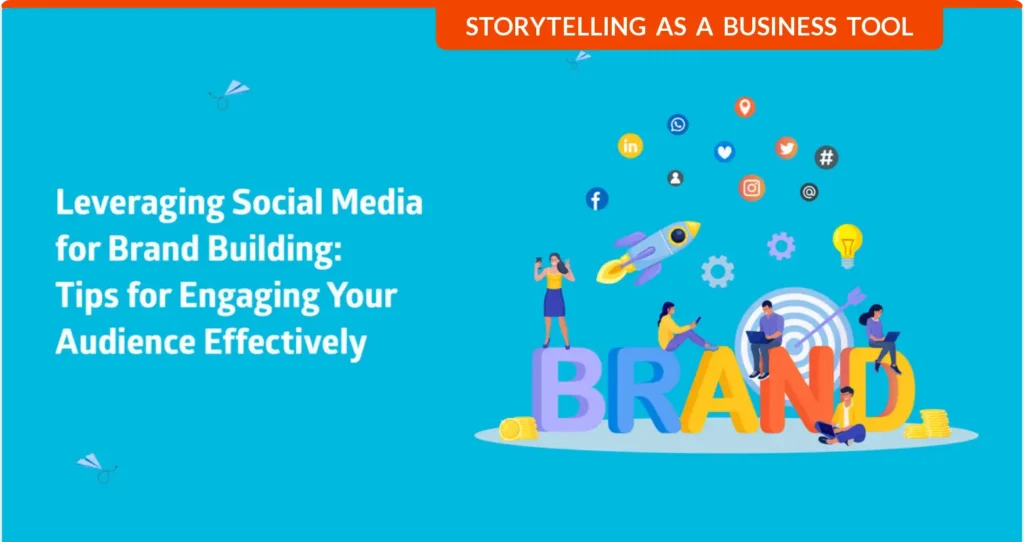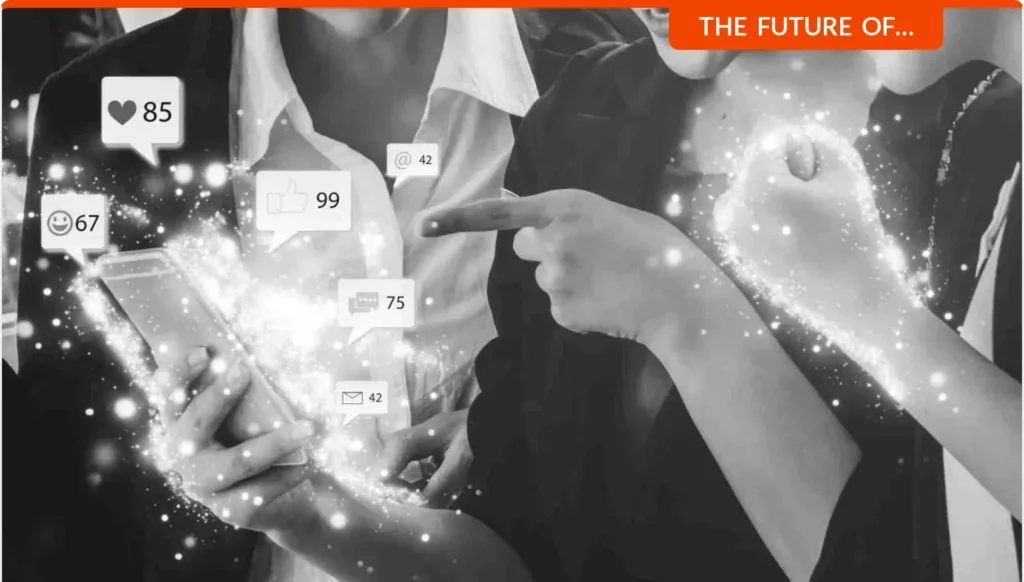
The landscape of B2B marketing is shifting, with bold creativity emerging as a key differentiator. Traditional risk-averse approaches are giving way to more daring strategies that capture attention and drive results.
Research indicates that memorable brands secure the vast majority of sales due to strong pre-purchase awareness, highlighting the critical role of innovative marketing in today’s competitive environment.

AI and Human Creativity Shape the Future of Marketing
Generative AI is set to change the workplace, but human creativity remains irreplaceable. Marketing expert Jessica Apotheker emphasizes the continued importance of human ingenuity in generating novel ideas.
Apotheker suggests marketers can carve out their roles in an AI-driven world by leaning into their strengths in either data analysis or creative thinking. This balanced perspective offers a practical and optimistic outlook on the future of business in the age of AI.

Ready to captivate your audience like never before?
Harness the Power of Story and Technology with Karidis Productions
At Karidis Productions, we specialize in weaving compelling narratives with cutting-edge technology to create unforgettable experiences.
- Seamless integration of storytelling and emerging technologies, such as AI, VR/AR, and blockchain, to engage your target audience on a deeper level
- Tailored strategies that align with your unique brand voice and objectives, ensuring your message resonates with your desired audience
- Proven track record of successful campaigns across various industries, from marketing to education and entertainment
Partner with Karidis Productions and transform your brand’s narrative into an immersive, technology-driven experience that captivates and converts.

The Visual Edge: Transforming Advertising Impact
Visuals and graphics play a role in capturing attention and conveying messages effectively. Strong visuals can hook viewers instantly, communicate complex ideas quickly, and create lasting impressions that text alone cannot achieve.
Successful campaigns like Nike’s “Just Do It” and Coca-Cola’s “Share a Coke” demonstrate how impactful visuals can create memorable, engaging advertisements that resonate with audiences.

Social Media’s Passage from Connection to Entertainment
Social media has developed from platforms focused on personal connections like MySpace and Facebook to entertainment-driven apps like TikTok. This shift has raised concerns about the impact on genuine human interactions and user privacy, especially for younger users.
Frank McCourt’s bid to buy TikTok and his investment in MeWe signal a potential return to social media’s original purpose of creating authentic connections. This development aligns with the growing interest in decentralized platforms prioritizing user empowerment and data ownership, offering hope for a more user-centric social media landscape.

Bringing People Together in a Digital World
The digital age has led to increased isolation, particularly among young adults. Recent data reveals a startling 47% increase in time spent alone by 16- to 34-year-olds since 2014, outpacing the general adult population. This trend, accelerated by the pandemic, shows no signs of reversing, challenging traditional assumptions about youth socialization patterns.
Why It Matters: This shift in social behavior has profound implications for mental health, community cohesion, and brand engagement strategies.
The challenge lies in leveraging technology to create genuine human interactions rather than further isolating individuals. This presents a unique opportunity for forward-thinking brands to pioneer solutions that bridge the digital-physical divide, potentially changing how we approach social engagement in the 21st century.

AI Success Hinges on Reshaping Company Culture
As organizations rush to implement AI and automation, many overlook a critical success factor: company culture. While the allure of AI’s efficiency gains is strong, realizing its full potential requires an organizational mindset that embraces change, experimentation, and collaboration. Too often, digital transformation initiatives falter due to cultural resistance, lack of leadership support, and fear of risk-taking.
Why It Matters: The future of work is not humans versus machines, but humans enhanced by machines.



